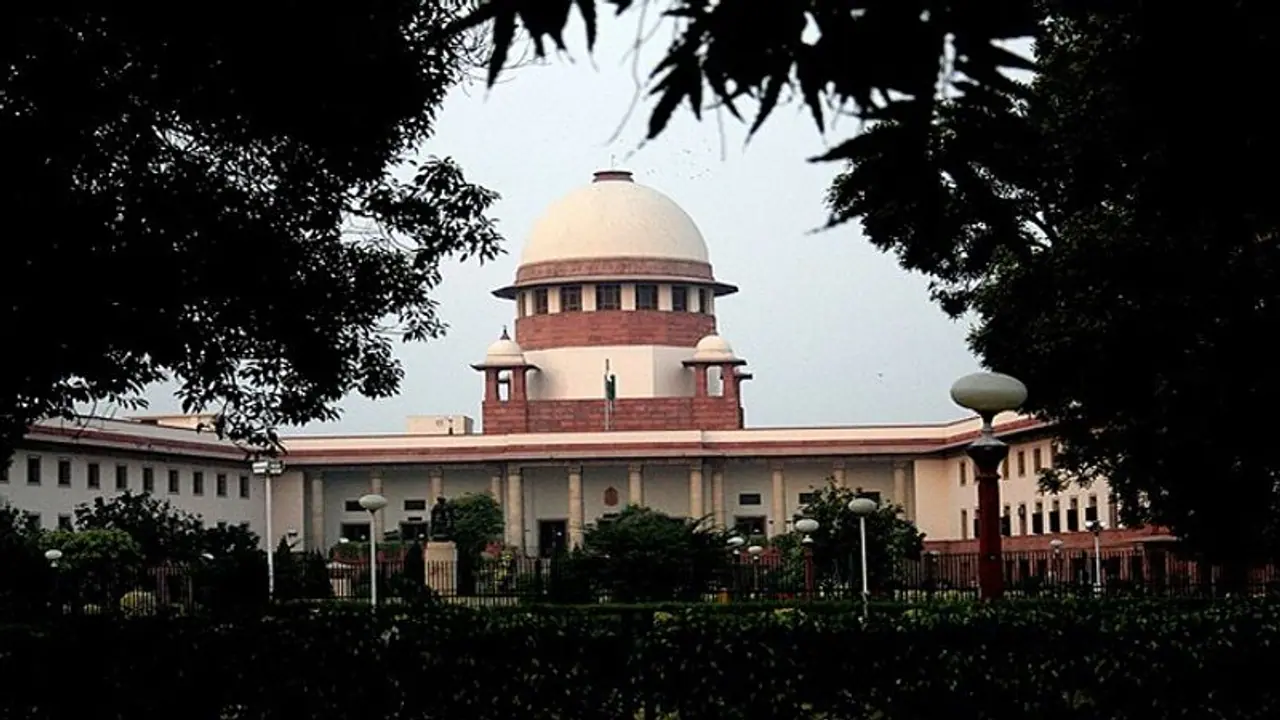The Supreme Court noted that the Representation of the People Act, 1950, read with the Conduct of Elections Rules, 1961, contemplated that a candidate's name must be proposed while filling out the nomination form and that an individual cannot claim the right to contest an election.
According to the Supreme Court, the right to contest an election is neither a fundamental right nor a common law right to contest an election, which dismissed a petition raising the issue of nomination filing for Rajya Sabha elections for a fee of Rs one lakh.

The apex court noted that the Representation of People Act, 1950, read with the Conduct of Elections Rules, 1961, contemplated that the name of a candidate has to be proposed while filling out the nomination form and that an individual cannot claim that he has the right to contest an election.
The order was issued by a bench of Justices Hemant Gupta and Sudhanshu Dhulia while hearing a petition challenging the June 10 order of the Delhi High Court, which dismissed a petition about deciding the petitioner's candidature to file his nomination for the Rajya Sabha elections in 2022.
According to the petitioner, a notification for election to Rajya Sabha was issued on May 12, 2022, to fill the seats of members retiring from June 21, 2022, to August 1, 2022, and the deadline for submitting nominations was May 31.
He stated that he had obtained the nomination form but was not permitted to file it without a proper proposer proposing his name.
The petitioner claimed that his candidacy without the proposer was rejected, and his fundamental right to free speech and expression, and his right to personal liberty, had been violated.
"We find the writ petition before the high court was entirely misconceived, as is the present special leave petition. The right to contest an election is neither a fundamental nor a common law right; it is a right conferred by statute," the Supreme Court said in its order last week.
The bench, citing a previous ruling by the Supreme Court, stated that the petitioner had no right to run for election to the Rajya Sabha under the law passed by Parliament.
"The name of a candidate to be proposed while filling out the nomination form has been contemplated by the Representation of People Act, 1950 read with the Conduct of Elections Rules, 1961," it said.
The bench stated that because of this, "an individual cannot claim that he has a right to contest an election, and the condition infringes his fundamental right to file his nomination without any proposer as required by the Act."
The Supreme Court dismissed the petition for Rs one lakh, ordering that the fee be paid to the Supreme Court Legal Aid Committee within four weeks.
(With inputs from PTI)
Also Read: Mukul Rohatgi set to be Attorney General for India once again
Also Read: Activist Teesta Setalvad gets interim bail by Supreme Court in Gujarat riots case
Also Read: Supreme Court closes all proceedings against demolition of Babri Masjid in 1992, Gujarat riots 2002
